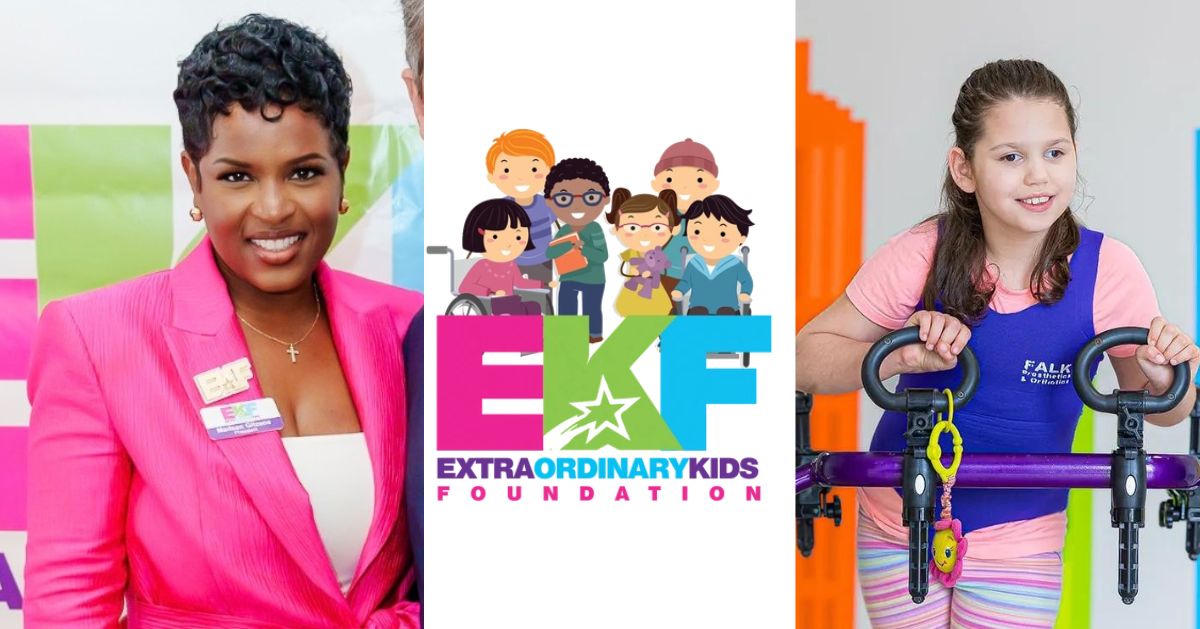According to the Maternal and Child Health Bureau’s National Survey of Children’s Health, 30% of American Households with children have at least one child with special needs, and hundreds of thousands of those children are on long waiting lists for state-provided services.
In an effort to reduce the gap between the need and the supply of those services, Madean Gilzene, CEO of Extraordinary Kids and QLH Kids Medical Daycare, is working to change legislation in Florida. Gilzene, works with parents to help them understand their child’s diagnosis and provide the support they need to thrive.
“One of the main areas in need of reform is the Agency for Persons with Disabilities,” Gilzene told Florida Daily. “Currently, the waiting list to obtain state-funded services is very long. If you’re not able to prove that you are in crisis, you could be waiting on the list for years.”
Gilzene’s non-profit, Extraordinary Kids, advocates for additional services for families with special needs children. One of the top priorities is a guardianship bill to assist parents with the court fees for applying for guardianship when their child turns 18. According to Gilzene, the average cost to gain guardianship of a special needs child ranges from $2,500 to $4,000, which can be a huge financial burden for families.
With no clear, comprehensive directory of resources to access, many parents of special needs children don’t know where to find therapies and other services when their child is diagnosed. Gilzene has been meeting with local country representatives to connect all the resources in one place to make navigating the system easier for parents.
“Florida families need a centralized system for accessing resources,” Gilzene told Florida Daily. “Currently, many of the services needed are segmented, and all available in different places, so many families don’t know where to find them. If instead, all the services were aligned in a centralized system, families could find the specific resources their child needs to thrive with their unique diagnosis.”
Specialized housing resources are another challenge for families of special needs children.
“If you are about to be evicted from your home and your child has a special need, for example, they are on oxygen, you are treated the same as everyone else waiting for housing,” Gilzene said. “There needs to be a priority for special needs families to get preferential treatment. It can be life-threatening not having access to housing for a special needs child.
Gilzene has also met with local state house reps, county commissioners, and state senators and has requested a meeting with Florida Gov. Ron DeSantis.












